Are you staying ahead of the curve? Changemakers bring positive transformation to business – within their team, organisation, and ultimately, to help their clients. As an Account Manager, I’m keen to lead change with my clients – but it can be tricky to find the space to do this, know when to take a risk, and how to communicate predicted results.
I’m keen to share how your approach to innovation and the culture you work in can support this – opening a gateway to become the change you want to see.
Building a culture of innovation
For me, a culture of innovation means:
● Giving everyone the confidence to present new ideas
● Motivation to try different ways of working
● Setting aside time for creativity
● Providing the resources and support to execute new ideas
● Creating a safe environment for experimentation, or even failure
I’ll explore some of these further as well as including some tasks that can provide inspiration.
Find opportunities for disruption
Market research is where I recommend starting. What are competitors doing? How are consumers responding? How are business challenges changing? Analysis helps to identify trends within the market, gaps, and what motivates customers. There are so many resources available to help: from Google Trends to social media listening tools.
Not all ideas have to start completely from scratch. There may be a different, better way of doing something that is already happening in an industry.
Setting aside time for creativity
While market research can help to set direction, I always find that a dedicated session for creative ideation is super important. Allow uninterrupted time to do this – grab post-its, set up a virtual whiteboard, use a rainbow of coloured pens – whatever works for you, make it fun! I know the best ideas sometimes come to us at random moments too. Be ready to jot any thoughts down in a journal or Notes app for further development later.
Setting clear goals
Goal-setting provides a vision to work towards and helps to focus output. What does success look like? We’ve all heard of SMART goals – there may be different short, medium and long term targets. The most important thing is breaking these down into small, achievable steps. This will help you see progress as well as giving you the tools you or your
client needs to report back to senior colleagues.
Supporting each other
Trust is an important foundation in building a culture of change. At Sponge, I’m confident with what is expected of me and how my responsibilities feed into the wider team. We regularly check in with each other to maintain an open, safe space for feedback and exchanging ideas. It can be scary but be sure to ask for help when you’re not sure how to
push an idea further.
Celebrate success – and don’t be afraid to fail
I’m the first one to acknowledge a small win! From a simple confetti emoji, to dinging our office bell on a pitch win, to all-out celebrations – it really motivates everyone. Failure shouldn’t be subject to blame; it is something to learn from. It’s important to share what we’ve learnt so we can grow together. There are plenty of ways to do this, including:
● Project wash-up/review meetings
● Knowledge share sessions
● Written documentation
I find that similar issues often come up, so our shared knowledge can help to resolve them before they become a bigger problem. Many lessons are also transferable to other situations. The main thing is that resolutions are recorded in a central, easy to access space, and everyone knows where to find them. Not only does it help your team now, but benefits future colleagues too.
Be the change you want to see
Changemakers challenge teams with new ways of thinking. I’m grateful to be part of a team where innovative ideas have made a real and positive difference for my colleagues, the business and our clients. Are you up for the challenge?
About the author
Abi is Senior Account Manager at Sponge. She has varied agency experience from print and digital design through to immersive tech. Outside of work, Abi loves live music, theatre and gets too competitive with board games.






